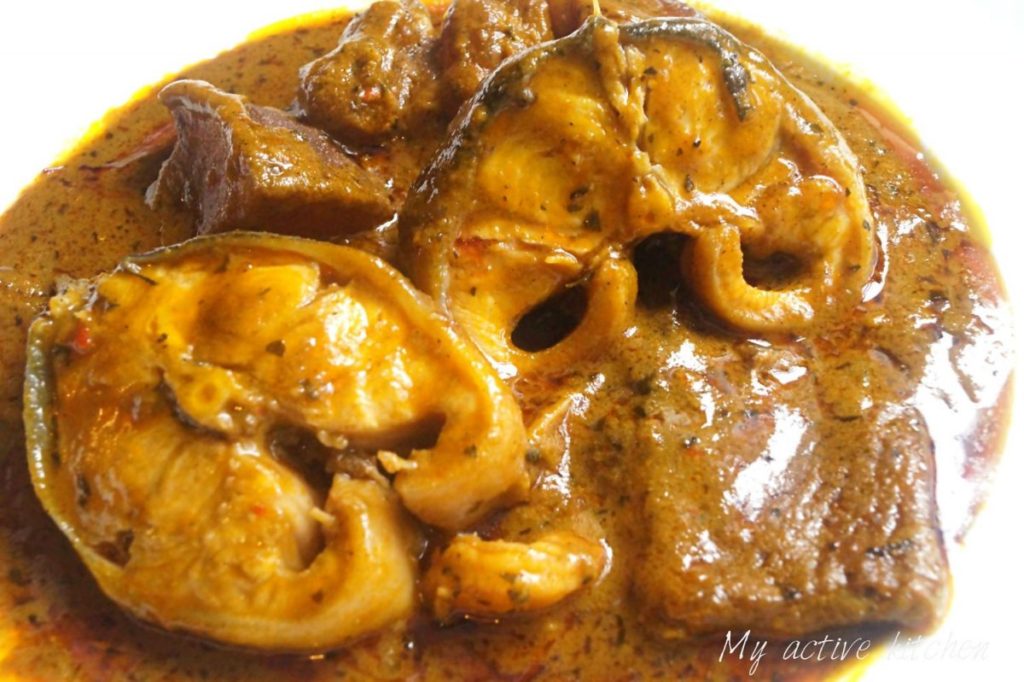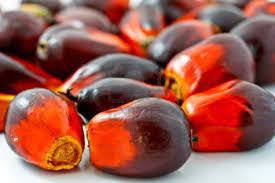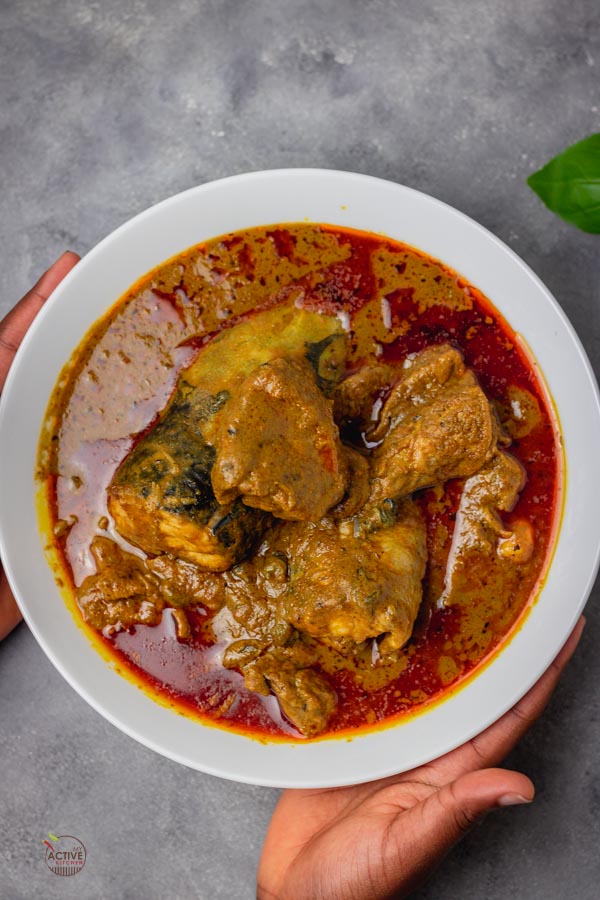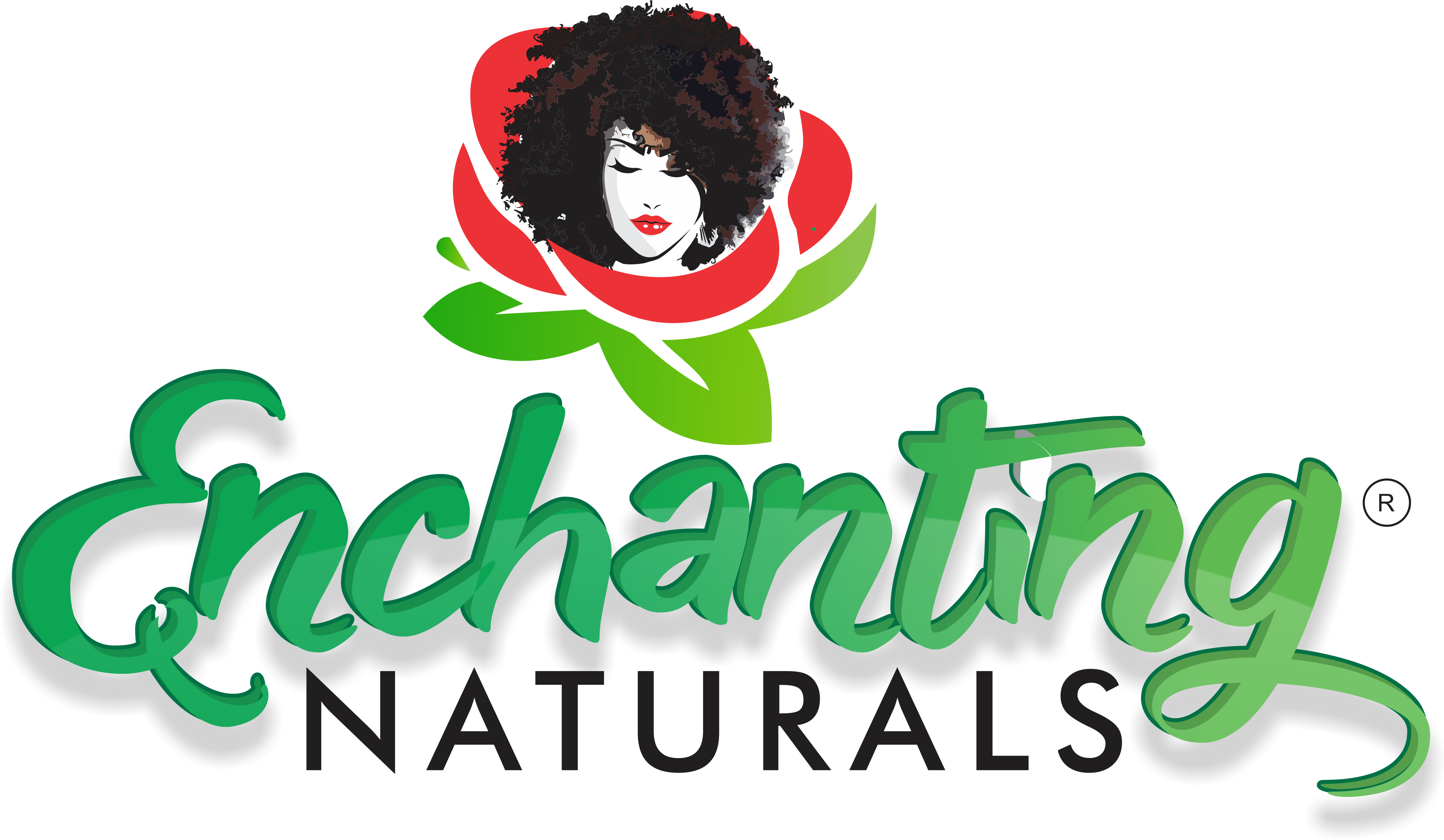
Sis Harriet you like Banga soup hen, too much. Ehen nah.. it cures my sadness I replied to her and we both laughed. I was on call with my adopted kid sister… mother to my adopted child little princess Elsa as I call her. It was August and raining cats and dogs. I still maintained my apartment in Ibadan, where I’d lived for years now. I knew I would be leaving the area soon likely leaving the whole west, because i was tired of the home sickness but for now I was still there. And as it happens, to me from time to time I was home sick.

A foreigner may consider it weird that I was home sick in Ibadan which is still in Nigeria. In all honesty, many people did not know that Nigeria was a really, really large country. In fact from Ibadan to my home town was a good 8 to 10 hours, a day`s journey. I remember the times I would travel with a bus and sit till my butt’s hurt and my chest ached from sitting upright.
This was despite the fact that it was a comfortable bus with air-conditioning. And the distance was just the beginning. The main reason I often felt home sick was the Culture. If not that I’d adjusted largely, I would previously tell my friends that the moment one crossed Edo from southern Nigeria, and entered Ondo state, you are in a new country, new territory, new language, new culture, new ways of doing things, cuisine, lifestyle greetings and so on.
I experienced so much culture shock in my first years, that I not only fell sick but my blood pressure also went up. There was the special case of bus drivers in Ibadan never having change, then the greetings that no offence usually drained me. I was an ambivert, I had my extrovert and introvert days but in Ibadan, everyday greetings are extroverted.
My previous landlady would carry on for 5 minutes after I greet her the good morning greeting E ka ro, her replies are usually along the tune of oyibo me o, (my light skinned lady) E ku weekend o (happy weekend), shey e dada ni o (I hope you’re doing well), I would keep smiling or nodding even though I had no idea what these words meant. Other times I just said amen or simply made appropriate noises. I knew she meant no harm but sometimes I snuck out the back because I just didn’t have the energy for those greetings.

I usually minimize close up personal social interactions because the introvert in me usually felt drained by those if it has not been recharged with enough alone time. One of the biggest shock in coming to Western Nigerian was the food. Of course it was not all gloomy and I will be doing a new article on what the popular western Ewedu dish finally came to mean to me and its benefits for health and skin but the fact is from time to time, one would still miss that food that you ate from 0 to 20 plus years. And for me that was my tongue twisting Nigeria Niger-Delta Banga soup. So yummy!
It really didn’t help that in the whole of the west this food was not one of the cultural cuisines at all nor did I enjoy most of the western cuisine. Not the soup and certainly not the accompaniment of starch or rare fresh water fish or big cray fish or crabs oh shall I go on about the riverine part of Nigeria.
Asides from this soup none of the southern food was a staple here. In Benin, port Harcourt, Akwa Ibom, Calabar and Bayelsa, I could easily pick-up something that would taste yummy and familiar but here it was all unfamiliar and the pepper was intense. I actually developed an ulcer the first year of arrival. And so having learnt my lesson whenever I was feeling moody and down, my comfort food was the familiar southern cuisine and non-fattening chocolate (if trying to lose weight this may work for you too.)
So it was that I’d eaten a very yummy bowl of Banga soup with fish and kpomo. I could not find Obokun or any fresh water fish to use so I stuck with kpanla. Plus, laziness didn’t allow me go looking for where to buy periwinkle. The soup was not only yummy but banga aka palm nuts was great for beauty uses too. Our amazing Enchanting Naturals scrub is made in the South and sent to me here in Ibadan for sales. And the scrub beads come from, you guess right, part of it comes from Banga seeds shells. Yummy for the skin and belly.
From what my grandma did during her life time, the banga chaff was also recycled to make fire when dried. It could also be burnt to make coal like saw dust. Uhh talk about cleaning the environment and earth all the while eating and sparking. Granny also made palm kernel oil from Banga seeds for hair and skin care. While sophisticated machines today make palm oil both in red and white variants. The white variant is so amazing it looks just like coconut oil. In my current work at the international institute of agriculture in Ibadan, I came to see Banga chaff also converted to bio gas.
I laughingly told my colleagues that my granny and others of her time did the bio gas invention first. Finally, after letting my food digest while speaking on the phone with my adopted sis for a while, I stretched then walked to the back yard to pack up the seeds. They would be going to Warri in South Nigeria, the next day from where I’ll receive them back as a sparkling scrub.
Morale of the story, Banga soup is s one way ticket to spark up the hair skin life and earth. And don’t forget the mood of a home sick southerner in Nigeria. And that’s what we are all for at Enchanting Naturals.
This our ethnic beauty secret for the weekend. We will share the soup recipe soon in the ethnic shop gallery. Tell me what ethnic beauty secrets do you know from your place of origin and what ethnic recycling stories do you have? Share it with us in the comment below. It’s always fun when you light up the comment session with your fire..so let’s meet there.
photo credit-my active kitchen.

Recent Comments